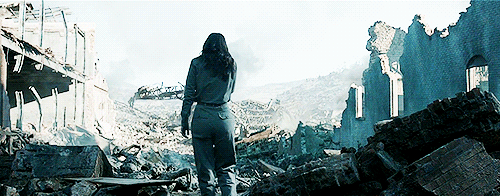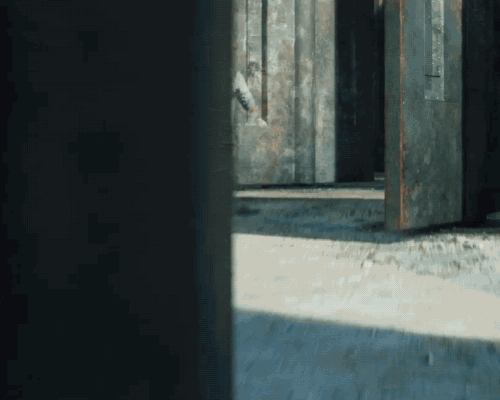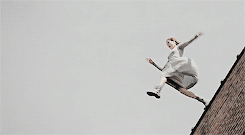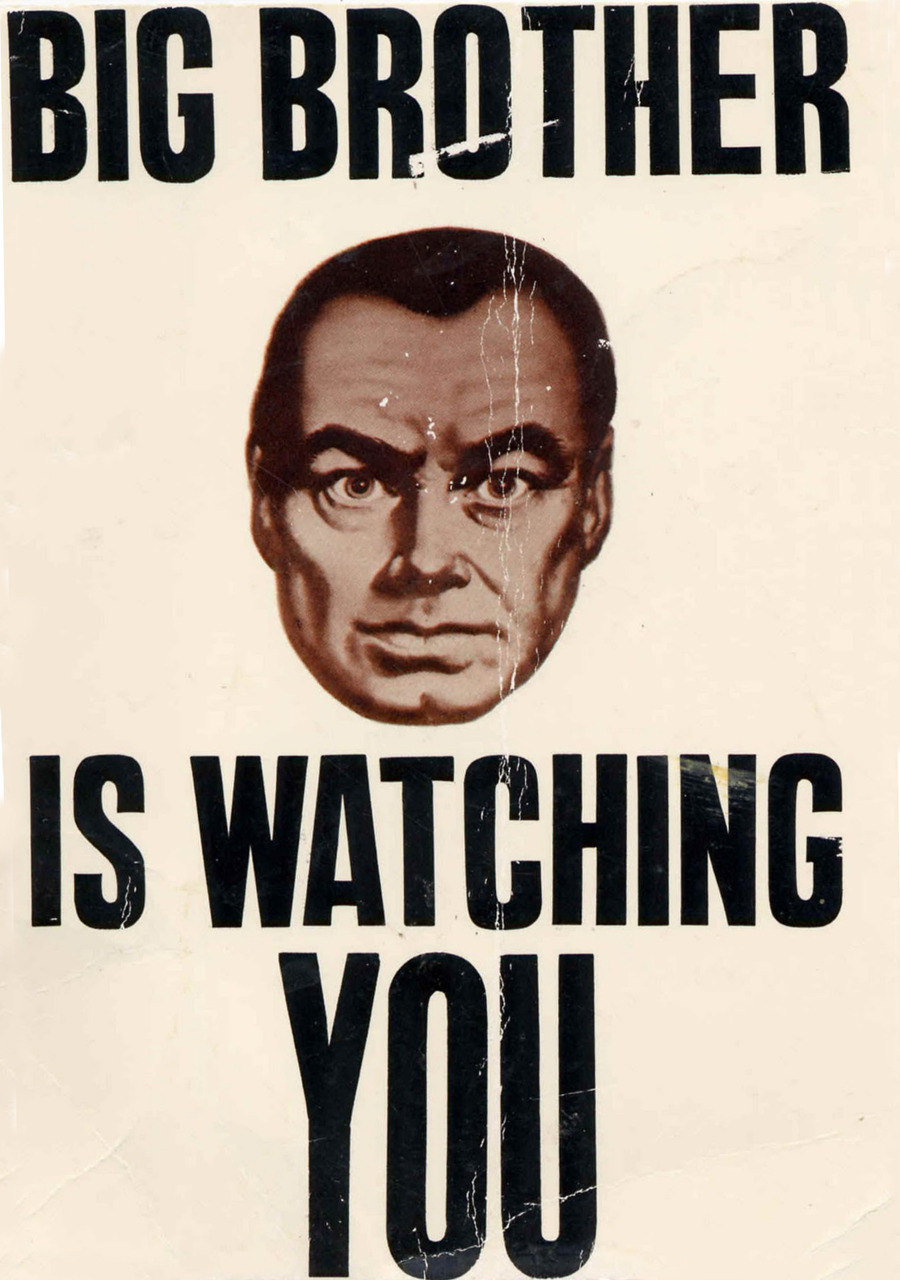Dystopian Films: Why Are They The Latest Trend In Hollywood?


Higher Stakes
Dystopian films like "The Hunger Games" and "Divergent" deal with futuristic societies that are oppressed or are in life-and-death situations daily. "Hunger Games" chronicles the story of a 16-year-old girl who falls into deathly battles with people her age or even younger. "Maze Runner" centers on a group of teenage boys run for their lives while trying to escape a maze filled with lethal creatures. "Divergent" tells the story of a restricted social order heavily suppressed by the government. Since these settings deal with life-and-death situations, corrupted government and war scenarios, the stakes are higher and the hero fights against all odds--the film becomes an adrenaline rush that is more of a thrill than typical action/adventure movies.
READ MORE: Film Review: 'Maze Runner'
Resonate with Suppression
It is no surprise that teenagers feel suppressed by their society, government or parents; it triggers an urge to be independent from family, also known as "teenage rebellion" in psychology. Similarly, the teenage characters in these films are heavily oppressed and monitored, which ultimately leads to a rebellion against order. Teenage audiences resonate with the lack of freedom and oppression. As characters start a rebellion in a dystopian order, the circumstances justifies the action and conveniently feeds to the audiences' want for independence.

Individualism
Although dystopian films have depressing settings, these films keep audiences on the edge of their seats with the idea of hope--hope that a person can make a difference in the world. The concept of individualism not only answers to the target audiences' desire for independence, it also encourages the idea of heroism that is similarly portrayed in superhero franchises like the Marvel series and the DC comics. However, rather than personifying the ideals into a super-human, dystopian novels make a seemly normal, average teenager into a hero or heroine. This easily allows audiences to relate and put themselves into the shoes of our teenage protagonist.
READ MORE: Film Review: 'Divergent'

Comfort of Knowing Something is Worse
In a struggling economy with a bleak job market prospect and with international disasters like war and terrorism, teenagers have a pessimistic view of their futures. According to NY Daily News, the popularity of a certain genre is positively tied to our reality as a form of escape - the darker our reality is, the darker our escape takes form. Therefore, it becomes an escape for comfort knowing that there is a dystopia that is worse than our reality. In the 60s, waves of fear from communism and fascism led to the popular "1984" by George Owell, the most popular dystopian novel yet, and "A Clockwork Orange" by Anthony Burgess (See Infographic below).
Curiosity about the Future
It's not surprising that teenagers or even adults become curious about what the future will be like. After Snowden's disclose of NSA's close surveillance of the general public, it becomes clear that our society bears similarities to that of Orwell's predicted reality. Target audiences begin to have a pessimistic outlook on their futures and become curious as to what Orwellian novels our our age will tell about the future. This drives audiences to see on the big screen what exactly their futures might turn out to be - a society separated by fractions based on traits? A post-apocalyptic lab enclosed in a maze? Or a nation divided into 12 districts with a yearly televised fight-to-survive combat? There will always be a chance that some aspects of these dystopia can be found in our future societies.

Reach Web Producer Michelle Man here.



